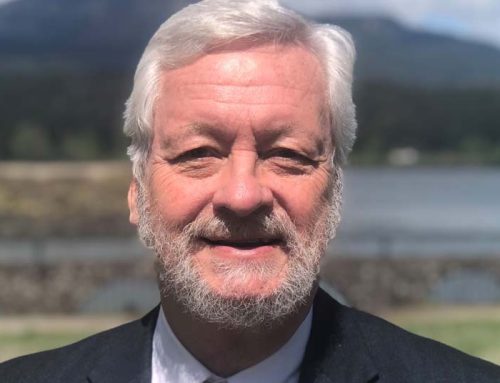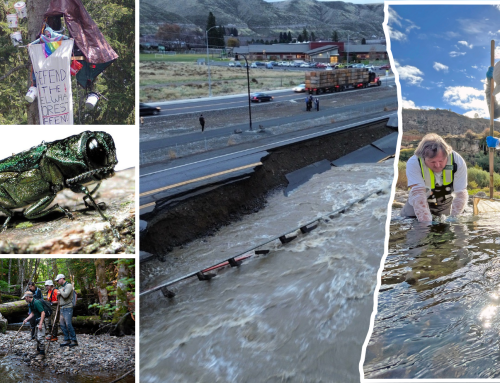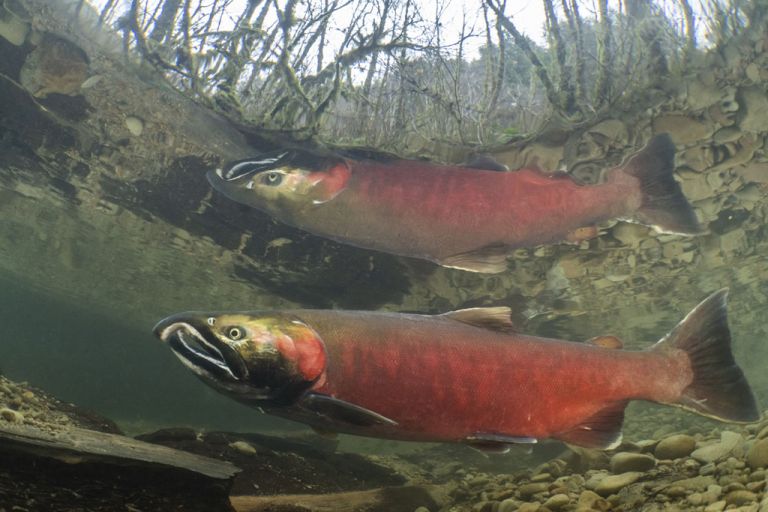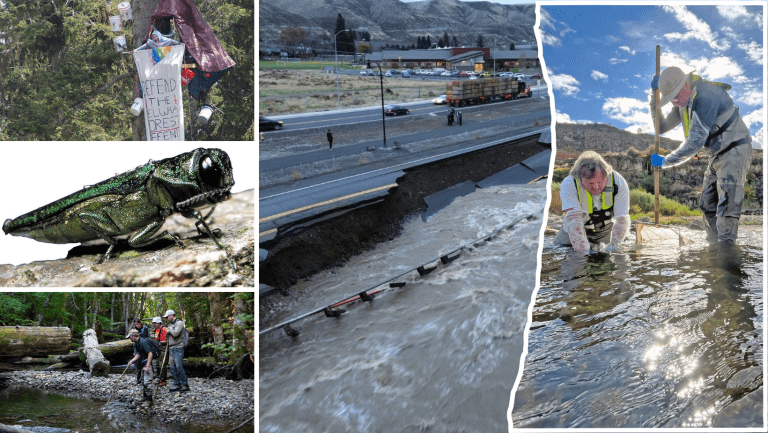Nov. 8, 2018. Well, it depends on where you live.
In Washington State, voters rejected Initiative 1631, a carbon-fee initiative that would have imposed fees on the state’s biggest polluters and used those dollars to build new clean energy infrastructure. The initiative would have been the first of its kind in the country, but only three of the state’s 39 counties (King, Jefferson and San Juan) voted “yes”. A similar carbon-tax initiative also failed to garner support in the 2016 election, meaning that proponents of clean energy still have a ways to go if they want to convince Washingtonians to hit polluters where it hurts…in their pocketbooks. And if they want to be successful, it looks like they’ll have to shift their focus away from Seattle and toward the rest of the largely rural state.
Washington voters supported Advisory Vote 19, which calls on the state to repeal a tax on crude oil and petroleum products. The tax was implemented this Spring, and it applies to oil and petroleum products transported by pipeline. However, since an Advisory Vote is “non-binding” according to state law, the legislature is under no obligation to act on it.
Meanwhile, Portlanders approved a measure that will create the city’s first clean energy fund. Measure 26-201 will put a 1% revenue tax on retailers that make more than $500,000 gross revenue in the city (or $1 billion nationally). Those tax dollars will go toward funding clean energy projects, and proponents say the measure could bring in as much as $30 million dollars a year. That’s a lot of solar panels.
Looking at other news from across the Beaver State, Rep. Greg Walden will keep his seat in Congress, and Kate Brown will remain Oregon’s governor for another four years. Brown defeated challenger Knute Buehler, who billed himself as a “fiscally responsible, pro-choice moderate with an independent streak”. Supporters of Brown’s environmental agenda hope the newly re-elected governor will continue to push back against the Trump administration’s continued rollbacks of environmental protections.











